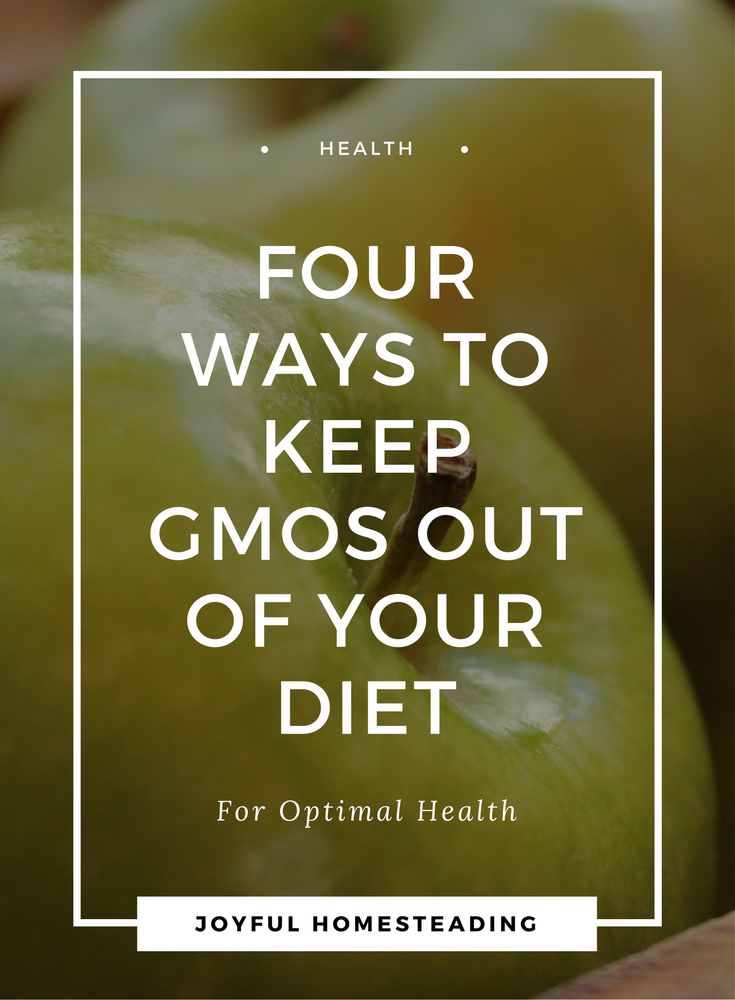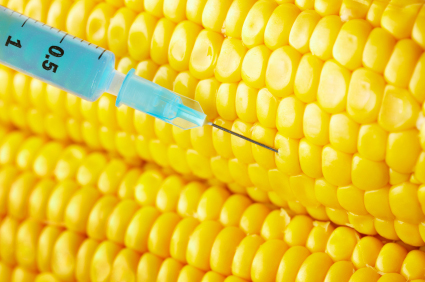Non GMO Foods
Non GMO foods. If you are aware of the dangers of GMOs, or genetically modified organisms, you may be wondering what are GMO foods. Here are some tips for obtaining foods that don't have GMOs.

What is GMO?
GMO stands for genetically modified organisms, the by-product of splicing genes from one species - plant, animal, bacterial or even virus - into the DNA of another.

Research is showing that a steady diet of GMOs can wreak havoc with your health, causing chronic illnesses, organ disruption and even cancer.
It's a no-brainer that this is one food everyone should be avoiding. Unfortunately, companies aren't required to label their foods and let consumers know whether their products contain GMOs. So how are you to know what you are buying are non GMO foods?
Processed Foods and GMOs
One way to avoid GMOs in your diet is to avoid processed foods. One study revealed that up to 80 percent of all processed foods contain GMOs. Cooking your meals from scratch as much as possible will help ensure you are eating a diet free of GMOs.
For those times when you do need something quick and simple, the The GMO Food Guide provides you with the names of companies that use only non gmo ingredients in their foods.
Finding Non GMO Foods in Fresh Produce
Because the toxins in GMOs are systemic, meaning they are a part of the
plant, simply scrubbing commercially produced fruits and vegetables
isn't enough.
Commercially produced crops including corn, alfalfa, papaya, soy, sugar
beets, zucchini and yellow summer squash are at a high risk of
containing GMOs.
It's crucial that you either purchase the organic version of these
fruits and vegetables or grow them yourself.
Potatoes and tomatoes used to be relatively safe, but as of 2015, GMO potatoes were being introduced into the market. As of early 2016, tomatoes were still relatively safe, but you are still better off either growing your own tomatoes or buying the organic variety.
Animal Products
Unfortunately, commercially produced meat, milk, eggs and honey are at high risk of containing GMOs because of the contamination of GMOs in their feed. The way to avoid this is to keep chickens and feed them organic feed. In addition, keeping them in a chicken tractor will ensure they have a daily diet of fresh grass and bugs.
Watch Your Ingredients
Many common ingredients found in foods are often derived from crops at
risk of containing GMOs.
These ingredients include amino acids, aspartame, ascorbic acid, sodium
ascorbate, Vitamin C, Citric Acid, Sodium Citrate, both "natural" and
"artificial" flavorings, high-fructose corn syrup, hydrolyzed vegetable
protein, lactic acid, maltodextrins, molasses, monosodium glutamate
(also known as MSG), sucrose, texturized vegetable protein (TVP),
xanthan gum, vitamins and yeast products.
By supporting companies that refuse to use GMOs in their products, we
can all send a message loud and clear that using GMOs is not only bad
for our health and the environment, but it's just plain bad business as
well.
Learn More About Healthy Cooking







New! Comments
Have your say about what you just read! Leave me a comment in the box below.